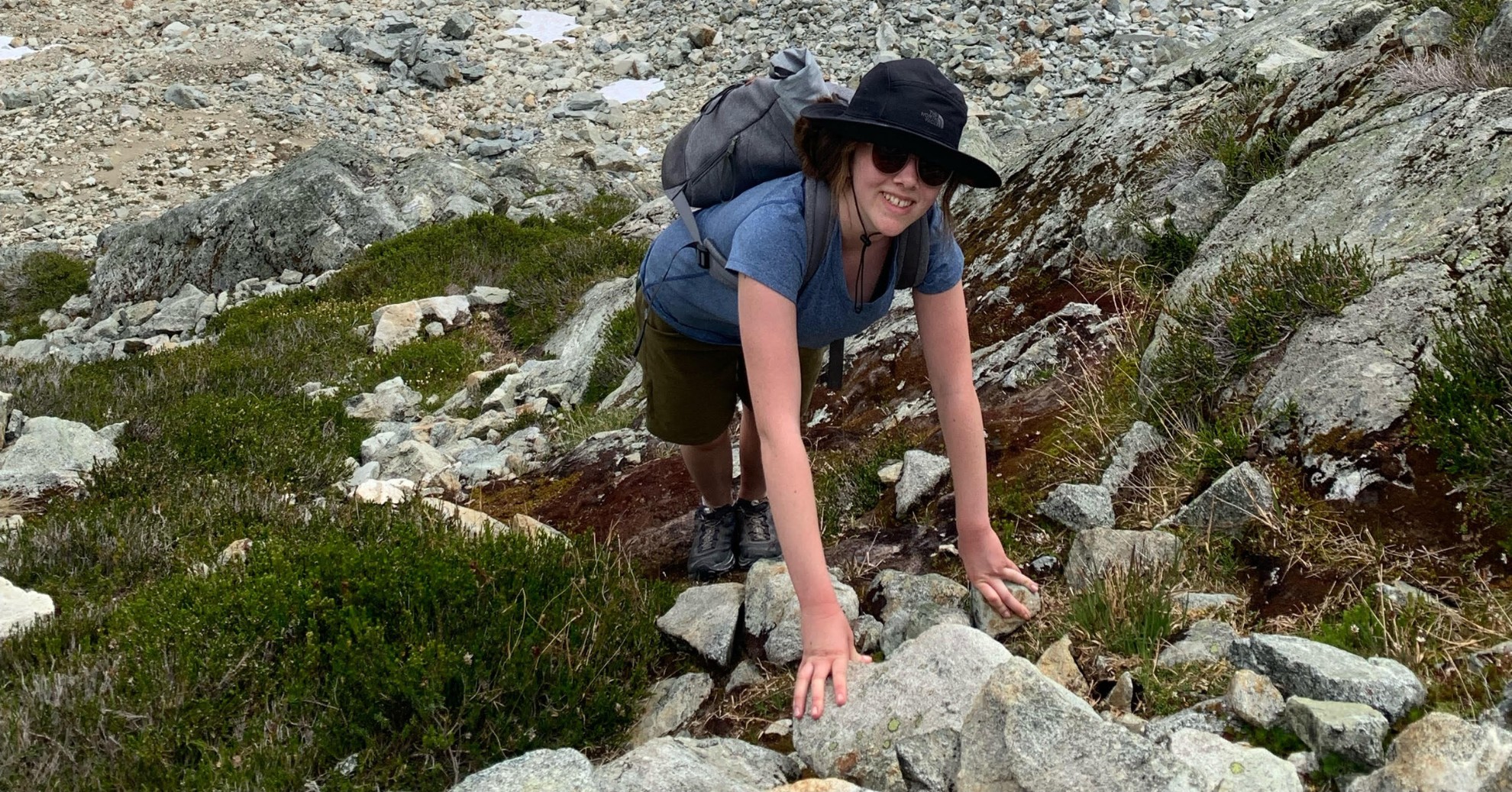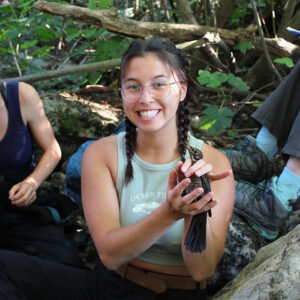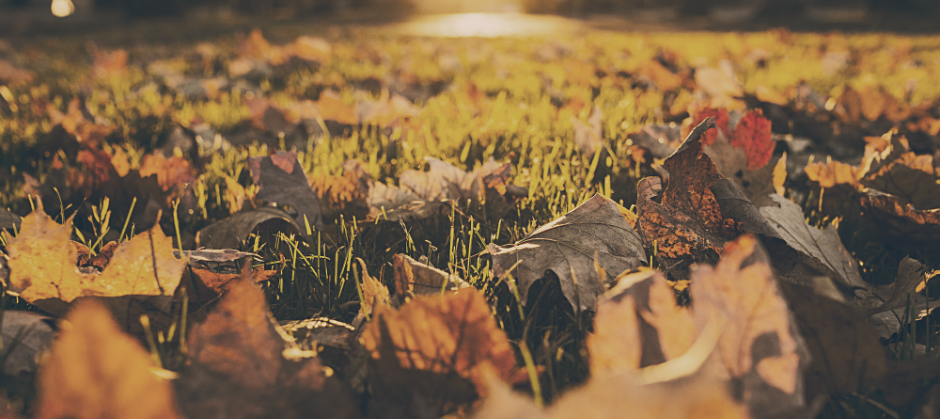Announcing the 2023 Charles Labatiuk Scholarship Award Winner: Makaila Machilek
This guest blog was written by Makaila Machilek, the 2023 Charles Labatiuk Scholarship Award Winner.
Life in the Mountains
A life growing up in the mountains of British Columbia led me to a deep love of the natural world. My early days were spent turning over rocks to collect insects, and it was always a good day when I found a garter snake that I could move safely off the road. This love of critters eventually made me into a naturalist, and an illustrator as well.
Growing up, my dream was to become a wildlife artist. I was fascinated by the paintings in natural history books and field guides, and did my best to replicate them. As I grew older, I spent much of my free time photographing wildlife and painting the animals I encountered on hikes and in the yard. In high school, I discovered the paintings of famous ornithologists, and with them: a love of birds. Ever since, birds have been a prominent figure in my works of art.
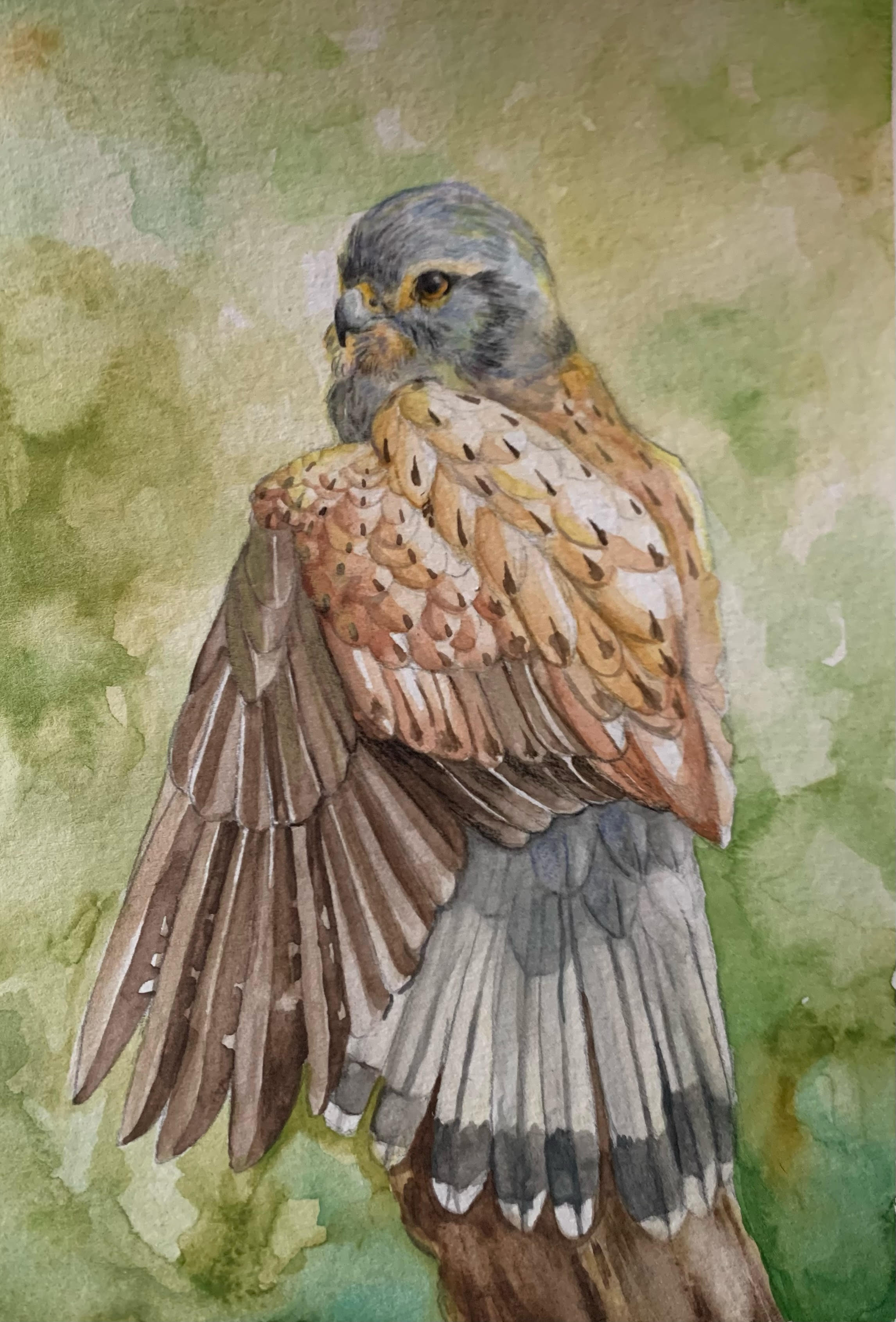
Painting: American Kestrel by Makaila Machilek
It was a spring trip to visit family in Hawai’i when I began to consider a career in the sciences. I was presented with the opportunity to spend an afternoon tagging green sea turtles in Kaloko-Honokohau National Historical Park. The day was hot and the work was demanding, but it didn’t matter. Nothing felt so incredible as being so close to an animal and knowing you were doing work to preserve its future. This brought me to realize that perhaps I might be more interested in pursuing field biology than the arts.
University and a Love for Birds
At the end of high school, I applied to McGill University for Environmental Biology, and to my utter delight, was accepted. At first, I was unsure of what to expect, but university has opened me up to ways of seeing the world I would never have expected. I have been shown new ways to approach conservation that I had never considered, and learned about subjects I never would’ve found interesting on my own.
Though it comes with many exciting new aspects, first-year university work can be hard, and the winters in Quebec are long and dark. To take my mind off the stress of schoolwork, I started going for daily walks. Originally I found them dull. The deep months of winter and the urban setting made the world seemingly devoid of life, other than the squirrels and crows. But soon, I figured out where to look. One evening, I found myself peering out over grey water. In the fading light, I could see silhouettes of wintering ducks, bobbing out on the Saint Lawrence River.
I admired their tenacity. Floating amongst the ice floes, they carried on, unbothered by the fierce weather around them. Soon after, I found myself becoming a regular birder, seeking inspiration from these tiny lives that persevered against whatever was thrown their way.
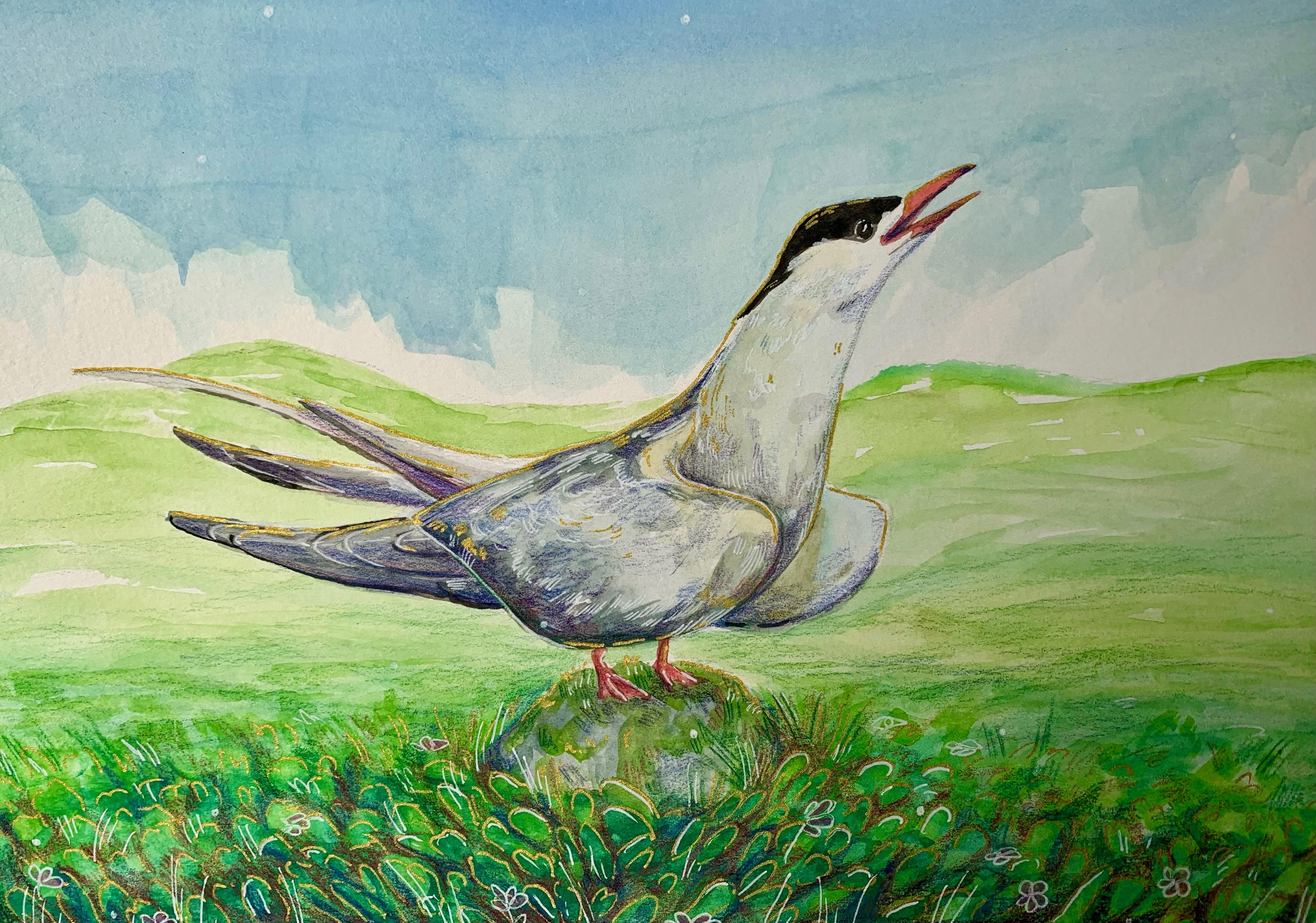
Painting: Arctic Tern by Makaila Machilek
Nature and Bringing People Together
An experience that sticks out since I came to Quebec was going to a marsh that is popular for birding. Upon pulling up, I was instantly greeted by people with long lenses and binoculars. Everyone was eager to share what they had found, and though I wasn’t sure of bird names in French, everyone still managed to figure out what the other was talking about. What really struck me about this encounter was that though everyone spoke different languages, had different life experiences, and ranged in age from six to sixty, everyone was brought together by the same love of the natural world.
Currently, I have been conducting surveys to protect bird habitats in Quebec. My work brings me to various different places, and I count the different species I hear and see. My next steps are to bring this work to the public. This year I plan to connect with local schools and community groups to organise nature walks and talks. Many people don’t realize the accessibility of the natural world. Seeing incredible nature documentaries trick people into believing you need to go to the high Andes, African Savanna, or Antarctica to see incredible animals, and they fail to notice the ravens doing barrel rolls in the wind, or the parula singing outside their window.
Being outside and fully immersing oneself in the life around you gets people out of their own heads, and helps bring communities together. I want to help people form a connection with the world around them, as with this connection comes the need to protect something you’ve come to care about so deeply. In the past 50 years, the world has changed rapidly, and bird populations have plummeted drastically. I want to make sure people are paying attention to this, and to the birds that so desperately need our help.
Conservation and Future Plans
Many of the solutions to bringing back bird populations are accessible to the public: keeping cats indoors, avoiding pesticides, and turning out city lights during migration. But the first step in protecting our wildlife is showing people why they should care, why we should help these little lives that continue to fly vast distances, survive the harshest of winters, and thrive in the most unlikely of places.
I have a while before I graduate from university but in the meantime, I hope to find opportunities for research, ideally something that gets me out in the field, or community outreach. I have a particular interest in sea birds, as well as the threatened salmon populations of British Columbia, and hope to find opportunities there for work.
Gratitude
I want to say an immense thank you to the Labatiuk family and Nature Canada for providing this scholarship. Being a recipient allows me to further pursue my education and continue the work I love. I am also incredibly thankful to my family for encouraging my love of nature — allowing me to keep crickets in a terrarium, pointing out the coyotes in the yard, and introducing me to the birds I’ve come to love so much.

